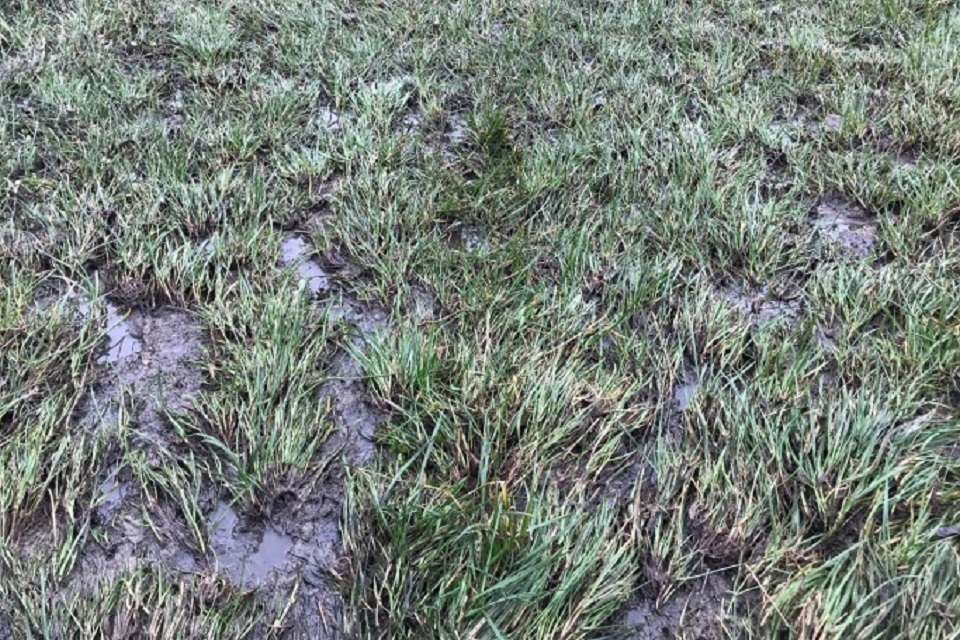
A Co Durham farm has been ordered to pay out costs of over £24,000 after an illegal spill of digestate into a nearby watercourse.
High Hedley Hope Farm and its farm manager Cyrus Armstrong, 58, appeared at Newton Aycliffe Magistrates’ Court where they pleaded guilty to a number of offences.
These related to an illegal spill of digestate into the watercourse, non compliance with regulations around the storage of slurry and silage at the farm, and pollution caused by a leaking slurry lagoon.
Armstrong was fined £3,500 and the company £15,500, with both ordered to pay £2,655 in court costs each.
Neil Paisley, of the Environment Agency, said: “With land spreading of fertilisers in full swing this court case is a timely reminder for operators to ensure they follow the correct procedures to spread safely.
“We have permits in place to protect the environment from these activities and will take action against anyone who flouts the law. In this case it has proven costly for the operators.”
The farm’s anaerobic digestate plant has an environmental permit for food waste. The farm takes the digestate from the plant and spreads it on the farm.
The court heard that in March 2021 a hose was torn off the spreader and an unknown quantity of digestate was spilled into a tributary of the River Deerness.
This affected water quality for around 700m, including dark water with an agricultural smell, dead invertebrates and sewage fungus. They did not report the spill to the Environment Agency.
In addition, the following week a second of pollution into the tributary was reported and attributed to a leaking slurry lagoon, which Armstrong said he was not aware of.
Mr Paisley added: “We’re concerned about the lack of awareness amongst some farmers, their advisers and contractors, about the regulations.
“They are designed to ensure that slurry and dirty water stores, silage clamps and diesel tanks are built or installed in a way which minimises the risk of their contents escaping into the environment and polluting water or land.
“We encourage farmers to engage with us at the earliest opportunity if they are thinking about constructing a new store.”
